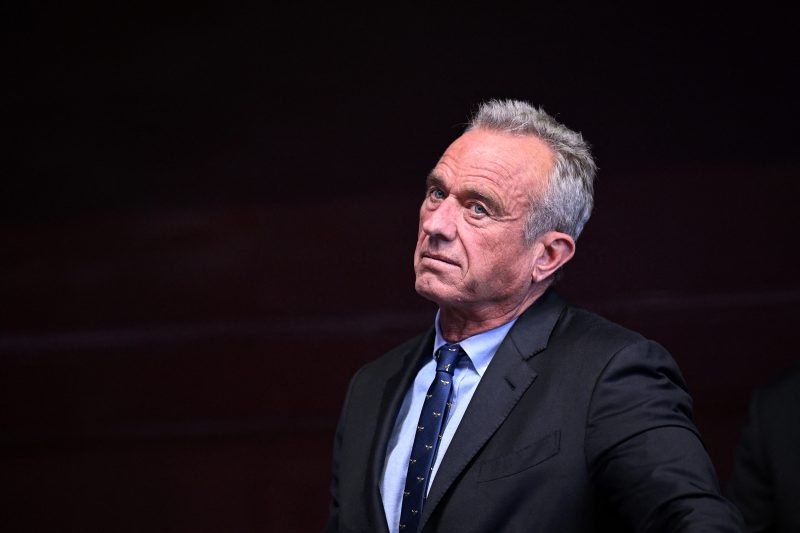In an era where political figures often use divisive tactics and rhetoric to sway public opinion, the stance of Robert F. Kennedy Jr. on abortion remains a topic of both interest and debate. Although RFK Jr. has rarely mentioned abortion in his public appearances and speeches, when he does broach the topic, the signals he sends are mixed, leaving observers puzzled about his true stance on this controversial issue.
One of the key aspects that complicates RFK Jr.’s stance on abortion is his positioning as an environmental activist rather than a public figure focused on social issues. His primary advocacy work revolves around environmental conservation, vaccine safety, and health policy, often taking a secondary role to his family’s storied legacy in American politics. With such a diverse array of interests and causes he champions, it is no surprise that RFK Jr.’s stance on abortion may not receive as much attention or clarity as some would expect.
When RFK Jr. does touch on the topic of abortion, he does so by framing it within the broader context of women’s rights and reproductive health. He emphasizes the need for comprehensive healthcare and advocates for policies that respect women’s autonomy over their bodies. This nuanced approach reinforces the idea that RFK Jr. views abortion not just through a moral or religious lens but also as a fundamental aspect of women’s rights and bodily autonomy.
However, despite this seemingly progressive view on abortion, RFK Jr.’s nuanced stance has also sparked controversies and confusion. Some critics argue that his reluctance to take a more vocal and definitive stance on the issue of abortion undermines the urgency and gravity of the topic. By shying away from directly addressing the moral and ethical dimensions of abortion, RFK Jr. leaves room for interpretation and speculation, making it difficult for observers to gauge his true beliefs on the matter.
Furthermore, RFK Jr.’s family background adds another layer of complexity to his position on abortion. As a member of the Kennedy political dynasty, he is inevitably associated with a legacy of progressive values and social justice advocacy. Many would expect him to align with the Democratic Party’s pro-choice stance on abortion, given the family’s historical support for women’s rights and healthcare access. RFK Jr.’s relatively subdued approach to the topic thus raises questions about his consistency with his family’s legacy and the broader progressive movement.
In conclusion, Robert F. Kennedy Jr.’s stance on abortion remains enigmatic and subject to interpretation. While he sporadically addresses the issue within the framework of women’s rights and healthcare, his overall reticence and lack of explicit positioning on the morality and ethics of abortion create ambiguity and room for debate. As a public figure with a diverse range of interests and causes, RFK Jr. may continue to navigate the complexities of this divisive issue in a way that reflects his individual perspective and advocacy priorities.

